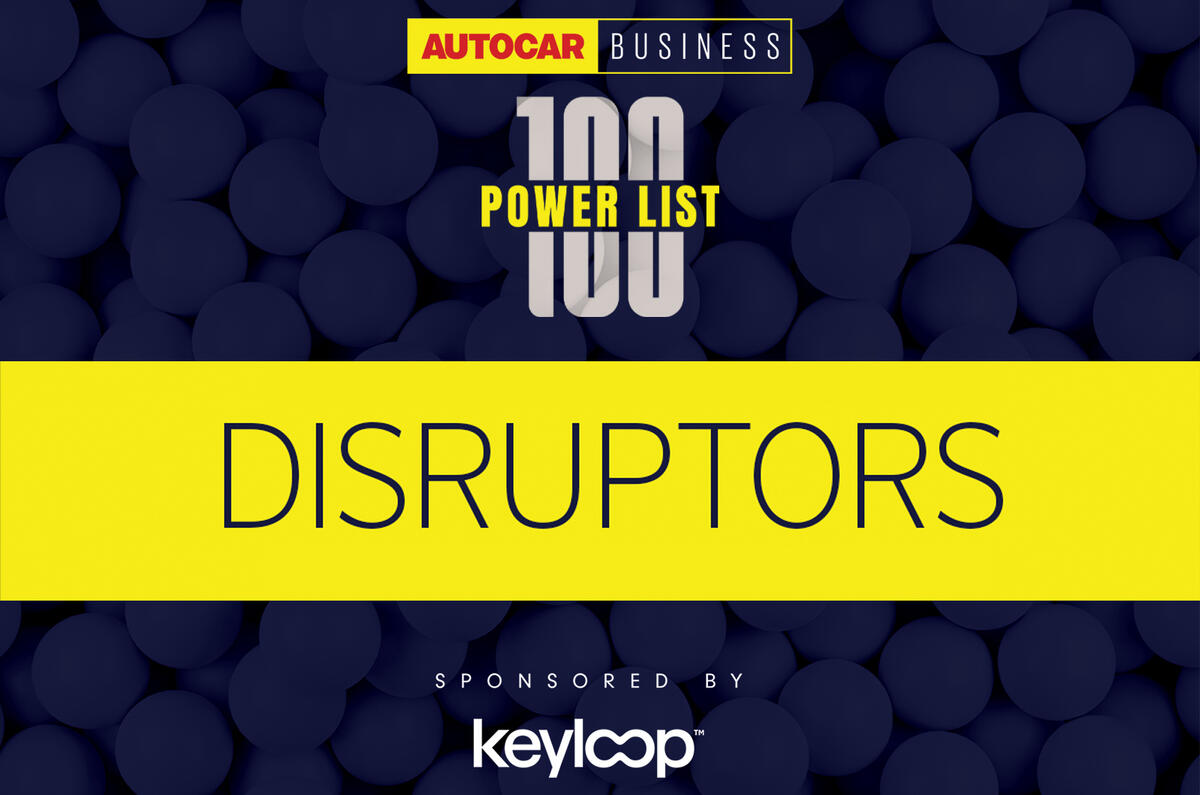Within the automotive world, there are those who are pushing it forward by doing something different. Without them, we could still be driving cars with a right-sided clutch pedal – thank you, Mr Ford.
Today, these innovations take a different shape, mainly in how we can utilise alternative powertrains, use more eco-friendly materials and building methods, and make electric power not as boring as it maybe sounds.






Add your comment